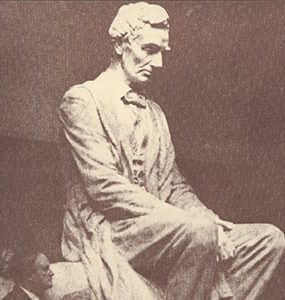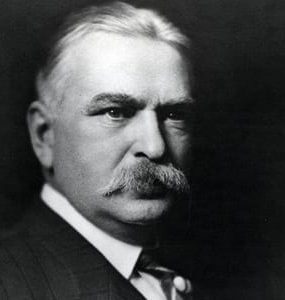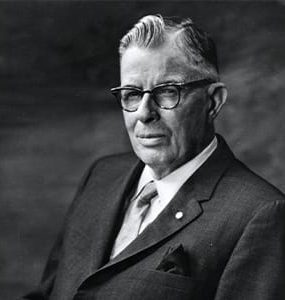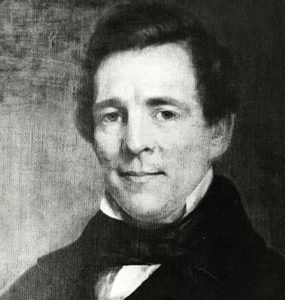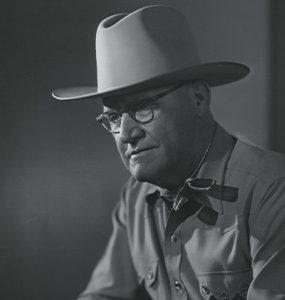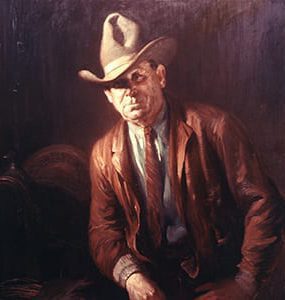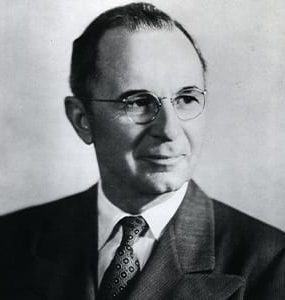Abraham Lincoln (1809–1865), the 16th President of the United States, is one of the most revered figures in American history. Born in a log cabin in Hardin County, Kentucky, Lincoln grew up in poverty and had limited formal education. Despite this, he was an avid reader and self-taught himself the law, eventually becoming a lawyer and a prominent figure in Illinois politics.
Lincoln first served in the Illinois State Legislature and then in the U.S. House of Representatives. His political career was deeply intertwined with the issues of westward expansion and slavery. A staunch supporter of the Homestead Act, Lincoln believed in opening the vast Western territories to small farmers, ensuring that the land would be available for independent settlers rather than large plantation owners. This act, passed during his presidency in 1862, granted 160 acres of free land to settlers, accelerating America’s westward expansion.
In 1860, Lincoln was elected President as the country faced deep divisions over slavery, especially in the new Western territories. His election led to several Southern states’ secession and the outbreak of the Civil War in 1861.
Lincoln’s leadership was defined during his presidency by his commitment to preserving the Union and abolishing slavery. In 1863, he issued the Emancipation Proclamation, which declared freedom for slaves in Confederate states. Lincoln also oversaw the creation of the transcontinental railroad, a project that connected the East and West coasts, further facilitating expansion and economic growth.
Tragically, Lincoln was assassinated in 1865, but his legacy as a champion of freedom and national unity endures.

